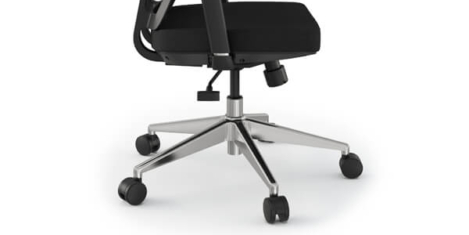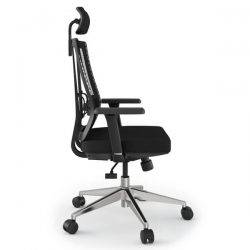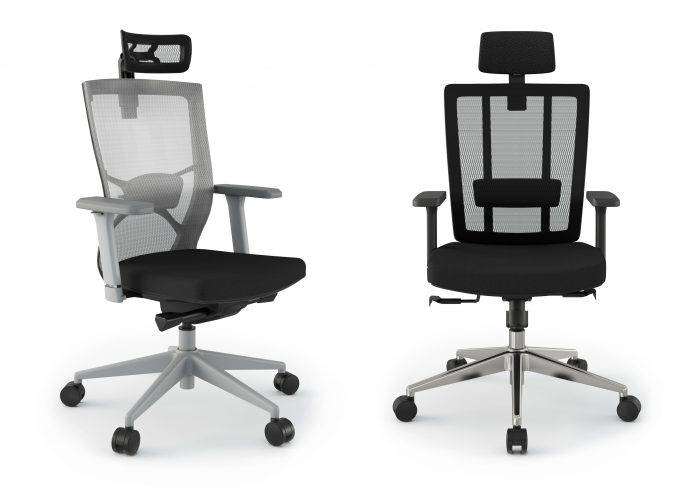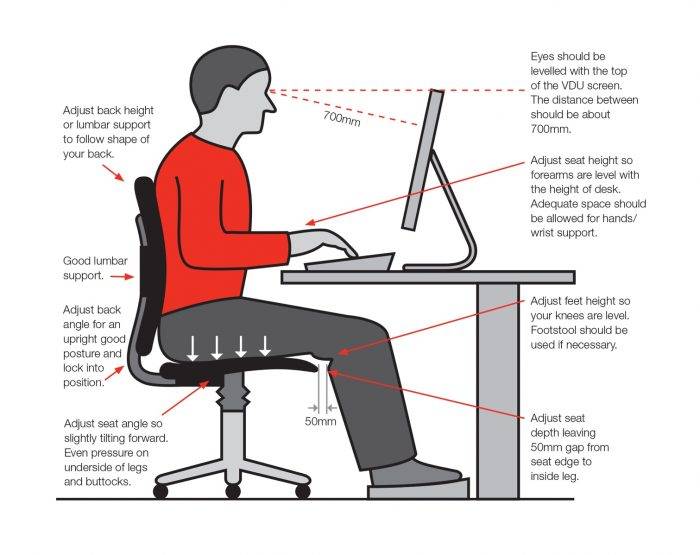February 7, 2019
Employees want to achieve a healthy work-life balance this year

A new Acas study of the key issues for working lives in 2019 claims that the biggest issues for employers will be finding skilled workers (53 percent), productivity (36 percent) and technological change (36 percent). On a more personal level, the most important issues in employees’ working life will be balancing work and home life (53 percent), staying healthy and feeling well (51 percent) and job security (44 percent). The poll found that despite people wanting a more flexible working life, nearly half of workers (49 percent) believe that the use of gig workers will stay about the same in the year ahead.




































January 31, 2019
Get ready for the next wave of technological innovation, or get left behind
by Bruce Barclay • Comment, Facilities management, Property, Technology
More →